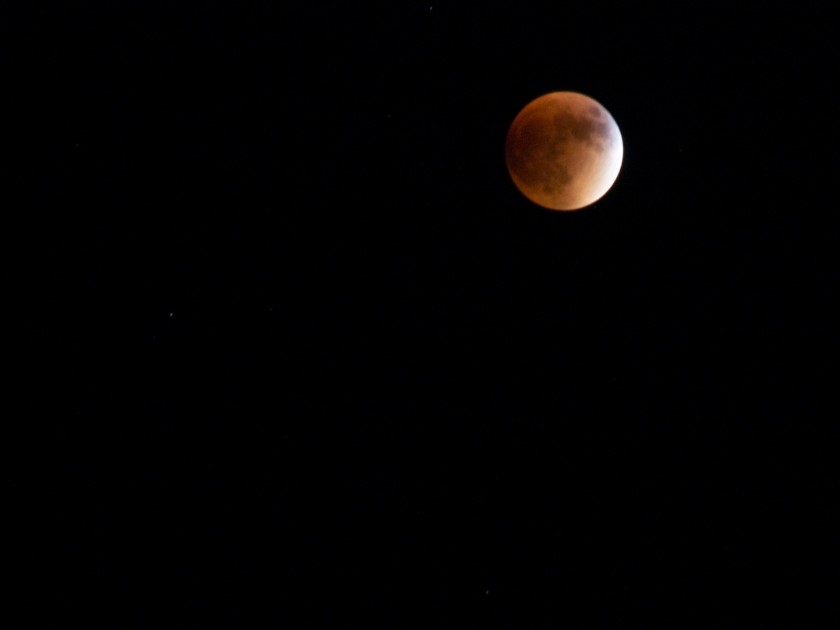I’ve been at a writer’s retreat in the Big Bend area this week…here’s a little something I worked on as an assignment.
The assignment was to write a non-fiction scene, in the style of a journalism long-form story. This was chosen as a stand out piece of writing to be presented to all attendees and instructors at a reading at the close of the retreat.
Freddy drops a quarter into the parking meter in front of the TV, turns the knob and you can hear it drop and clink with its fellows. The meter is an old-style one with a little gold plate that says “Police Officers Will Not Turn the Knob,” meaning maybe that it was from the day when actual cops had anything to do with parking tickets and people expected that cops should be there to help instead of hinder. The flag inside the glass bulb drops, and Freddy has two hours.
“It’s for Cowboys games, when he tries to come in here and camp out all day,” Harry said in his thick German accent, rolling his eyes. “Nobody wants to hear him going off like that; at least he can pay for it if we have to.” He grins toward Freddy, and you can tell it’s a subject that’s come up through the years over and over. Like the same long Texas evening, like when you step inside this place with the cow bones all over the porch roof, the same day just keeps replaying. Where the fun never stops.
It’s hot and sticky inside even with the swamp cooler and all of the fans blowing at once, kind of like sitting inside someone’s beer-scented mouth while they’re panting and sighing. Outside, a few locals are strumming guitars and a mandolin, taking turns singing and passing the same couple of women around. One has tattoos above her lady business, and cut off shorts and tube top to make sure you can see them – the other wears sweats and no makeup, with tough eyebrows like the cholas I knew in high school. She doesn’t smile.
“It’s 3 to one men to women out here,” the cute brown-skinned female bartender smiles. “I just stopped dating when I moved to Alpine for school.” She flips her short dark bob as she turns to serve another icy Lone Star – (Estrella Sola! The man she’s serving asks her, and she looks at him like he’s asking for Courvoisier. He explains it means the same thing as what she’d been handing him all night, just only in Spanish this time) – Harry leans in and says she does hav e a boyfriend who she doesn’t call her boyfriend. She disappears a little later with the non-boyfriend. 3 to one odds you’ll end up with one of those out here, I figure.
The guy with the gas pipeline company has been kicked out at least once today, but he comes back in and buys the whole bar a round, so they let him stay this time. He’s good and drunk, having a hard time focusing on anything and sweating all the way through his Stetson. He has small eyes, fat pink lips and I don’t like him, partly because he stands with his sweaty arm against me when there’s a whole bar to his left, partly because I’ve heard him talk about the female bartender who threw him out, repeatedly calling her a bitch and whining to anyone he buys a beer for that “she hates me.” I figure she knows him well enough to judge, since Freddy and Harry both say he’s a good guy. You can’t trust what they say, since they’re drinking the beers he just bought. Miller High Life and Natural Light, respectively.
“I raise pheasants, and let ‘em go out here,” says Freddy conversationally. “I just let 20 go in Ft. Davis. I put an ad in the paper in up there to let people know not to shoot them ‘til December. I want to reintroduce them to this part of Texas. Gotta keep the rednecks and Mexicans from shooting them all, though! At least for a while, give ‘em time to breed,” he laughs, rubbing his big belly. “I put the ad in Spanish and English.” He’s Hispanic – about 45, greying, with the body of a long-haul truck driver. He says he’s not bitter about his wife leaving him with their two daughters. But that was 12 years ago and he hasn’t dated much.
“Freddy’s probably the smartest guy in town, even though it doesn’t seem like it,” Harry says to me, keeping up his revelatory side conversation. “He’s just acting dumb.” I’m not sure why Harry’s giving me the inside scoop, maybe to set himself up as the guy who knows everything about everyone. If I lived here, I don’t think I’d tell Harry anything unless I had a reason for piping information into the gossip mill. Just like when someone tells you “Don’t trust so-and-so,” I make it a rule never to trust the speaker of those words.
Scott the pipeline guy oozes back inside to lean against a bar stool next to mine – too much cologne, undertone of sweat, liquor and ready-to-hump. “It’s so dang hot! I can’t stand it,” he complains, trying to get someone to talk to him. He pulls out his phone and sloppily tries to text. I glimpse the screen and two words in his conversation before he makes a “How Dare You” face and slaps it against his chest so I can’t see it. He pouts his lips, playing coy, like, I can’t believe you peeked!
“She fucks,” the text says. Over the bar, a sign says “We Don’t Rent Pigs.”





